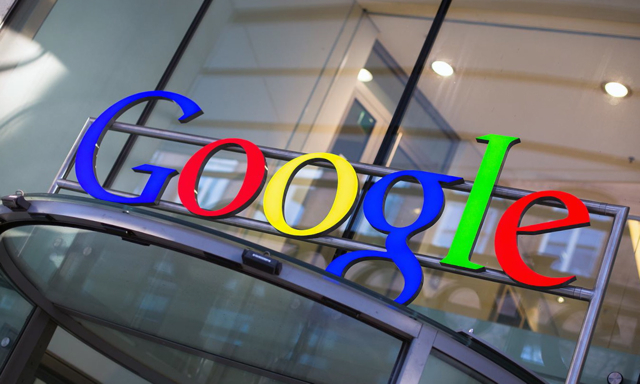A recent deal between Google and Huawei Technologies now has some influential Congress members looking into the relationship between the two behemoths. Google and Huawei, which have an operating-system partnership, recently struck a deal to upgrade capabilities on Huawei smartphones, which run Google’s Android operating system. After Congressional scrutiny, another Silicon Valley giant — Facebook — said it will end its relationship with Huawei and three other Chinese electronics manufacturers.
The Wall Street Journal reports that “some members of Congress also plan to voice displeasure over Google’s continued partnership with Huawei in light of its more recent decision not to renew a Defense Department contract.”
A Google spokesperson said that the company looks forward to answering questions from Congress. “Like many U.S. companies, we have agreements with dozens of [manufacturers] around the world, including Huawei,” said the company’s statement. “We do not provide special access to Google user data as part of these agreements, and our agreements include privacy and security protections for user data.”
Republican Senators Tom Cotton (Arkansas), Marco Rubio (Florida), and Representative Mike Conaway (R-Texas) have “introduced separate bills in the Senate and House aimed at tightening up restrictions on Huawei’s telecommunications-equipment sales in the U.S.,” gaining bipartisan support in both chambers.
Representative Robert Pittenger (R-North Carolina) is leading attempts to “bolster the powers of the Committee on Foreign Investment in the U.S., an interagency group that reviews foreign takeover deals for national security concerns,” and Senator Mark Warner (D-Virgina) asked Google parent Alphabet for information on “separate partnerships with Chinese phone maker Xiaomi and Chinese tech giant Tencent Holdings.”
He also asked Alphabet and Twitter about “any data-sharing agreements between the two companies and Chinese vendors.”
Although these lawmakers don’t have “any formal jurisdiction that might allow it to call in and grill Google executives,” Cotton and Conaway have “been able to rally broader bipartisan support in their public broadsides against Huawei.”
As they “scrutinize the deal,” the group is “considering more formal action, such as issuing a group letter demanding answers from Google,” said sources. Some of them are also considering “expanding their review into a broader examination of Google’s overall relationship with Huawei.” U.S. officials and Congressional members deem Huawei and another Chinese company, ZTE, as “national-security threats,” and “worry the two could be vulnerable to requests by Beijing to use their equipment to spy on or sabotage Americans.” Both Chinese companies deny the charge.


No Comments Yet
You can be the first to comment!
Sorry, comments for this entry are closed at this time.